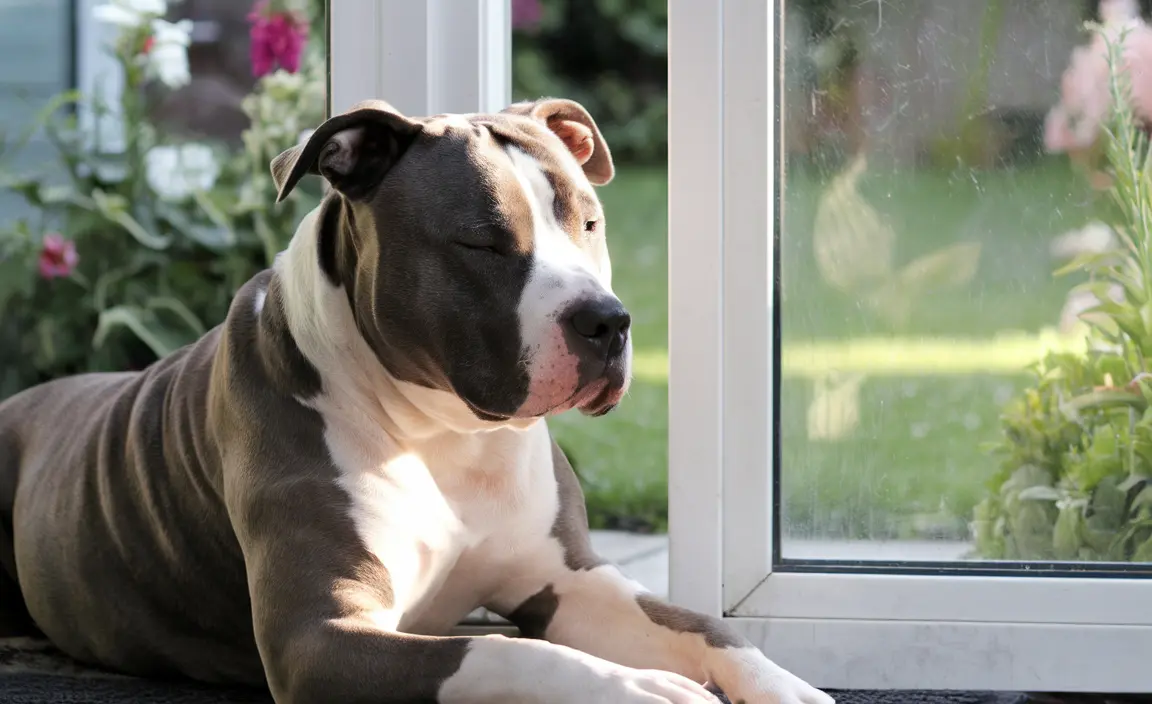If you're considering bringing a pit bull into your home and are concerned about allergies, you're not alone. Many potential dog owners wonder about the hypoallergenic status of this popular breed. Despite their short, sleek coat, pit bulls are decidedly not hypoallergenic dogs, which can come as a surprise to many people.
Understanding the allergen potential of pit bulls is crucial for anyone with sensitivities or family members prone to allergic reactions. This comprehensive guide will explore why pit bulls trigger allergies and provide essential insights for dog lovers and allergy sufferers alike.
Understanding Pit Bull Allergens
Contrary to popular belief, a dog's hypoallergenic status isn't solely determined by coat length. Pit bulls produce multiple allergen sources that can trigger reactions in sensitive individuals. These include:
- Dander (dead skin cells)
- Saliva proteins
- Urine proteins
- Shed fur
Why Pit Bulls Trigger Allergic Reactions
Pit bulls have short, dense coats that shed moderately to heavily throughout the year. This shedding process releases microscopic skin cells and proteins that can cause allergic responses. The breed's year-round shedding means allergen exposure isn't limited to specific seasons.
Interestingly, the proteins responsible for allergic reactions are not in the fur itself, but in the dog's skin cells, saliva, and bodily fluids. This means even a short-haired breed like a pit bull can cause significant allergic symptoms.
Seasonal Allergy Considerations
While pit bulls shed consistently, their shedding increases during spring and fall. During these periods, individuals with allergies might experience more pronounced symptoms. The seasonal shedding can exponentially increase the amount of allergens circulating in your home environment.
Common Allergic Symptoms from Pit Bull Exposure
People exposed to pit bull allergens might experience various reactions, including:
- Sneezing
- Itchy eyes
- Respiratory difficulties
- Skin irritation
- Nasal congestion
Managing Pit Bull Allergies
While pit bulls aren't hypoallergenic, several strategies can help minimize allergic reactions:
Grooming Techniques to Reduce Allergens
- Brush your pit bull regularly outdoors
- Bathe your dog every 4-6 weeks
- Use specialized anti-allergen pet wipes
- Invest in a high-quality air purifier with HEPA filtration
Hypoallergenic Alternatives
For individuals with severe allergies, consider these more allergy-friendly breeds:
- Poodles
- Bichon Frise
- Schnauzers
- American Hairless Terriers
Frequently Asked Questions
Are Pit Bulls Hypoallergenic Dogs?
No, pit bulls are not hypoallergenic. They shed moderately to heavily and produce proteins in their dander, saliva, and urine that can trigger allergic reactions.
What Causes Allergic Reactions in People Around Pit Bulls?
Allergic reactions are primarily caused by proteins found in a dog's skin cells, saliva, and bodily fluids, not just their fur. These microscopic proteins can easily become airborne or transferred to surfaces.
How Can I Reduce Allergens from My Pit Bull?
Regular grooming, frequent bathing, using air purifiers, and maintaining a clean living environment can help reduce allergen levels. However, these methods won't completely eliminate allergic triggers.
What Are Some Alternatives to Pit Bulls for People with Allergies?
Consider hypoallergenic breeds like Poodles, Bichon Frise, Schnauzers, or American Hairless Terriers, which produce fewer allergens and shed less.
Why Do Pit Bulls Still Produce Allergens Despite Having a Short Coat?
Coat length doesn't determine allergen production. Pit bulls produce allergenic proteins through their skin, saliva, and urine, regardless of their short fur.
Understanding your potential allergic reactions is crucial. If you have allergies, spend time with a pit bull before adopting to assess your personal sensitivity. Your health and comfort should always be the priority when choosing a canine companion.






